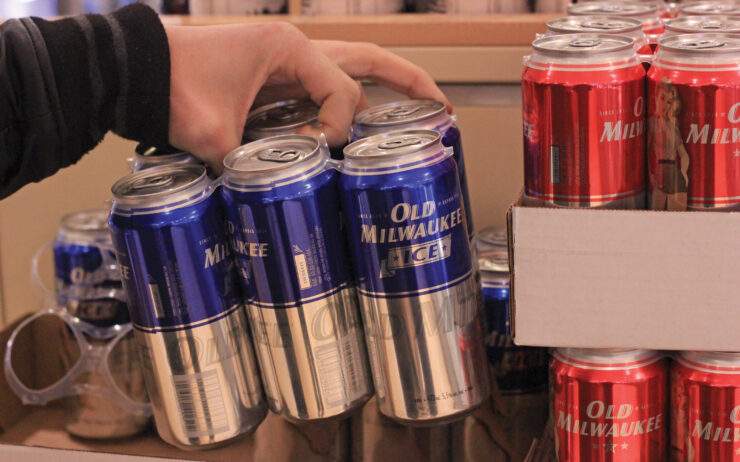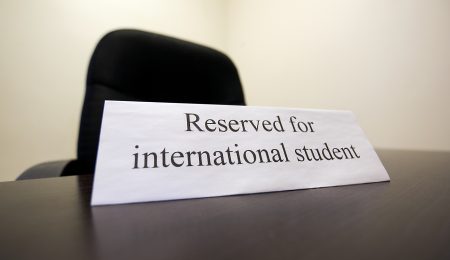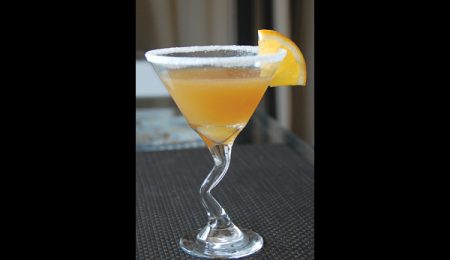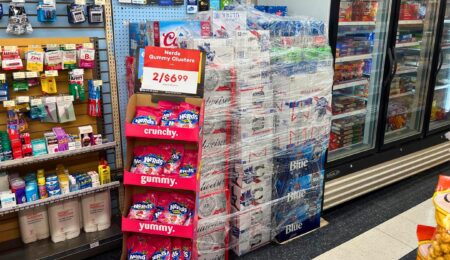Ontario’s break-up of Beer Store and LCBO monopoly way overdue
The government of Ontario is moving to let grocery stores sell beer, in a plan to modernize alcohol sales in the province. Allowing more stores to sell beer is a good start, and with this move comes an opportune time to break up other government monopolies in this sector.
A group of 13 approved retailers will be allowed to start selling beer in some of their locations next month. Any store willing to sell beer needs to have at least 100 square metres dedicated to selling food and must sell “a full range of food products,” according to the Ontario government.
The Beer Store, a privately-owned company, enjoys a legal monopoly on the sale of beer in the province. It’s because of this monopoly that the move to open up alcohol sales is long overdue.
Government alcohol monopolies, be it the Beer Store or the Liquor Control Board of Ontario (LCBO), are born out of moral prohibitionism. As previous experiments with prohibition have shown, the government can’t really control alcohol consumption.
In fact, that sort of government interventionism tends to create more problems than it solves, by pushing consumption to the margins of society and allowing organized crime to flourish.
It isn’t the government’s role to dictate an individual’s shopping choices. It may be true that in some cases government monopolies can be preferable than private businesses, but it’s not the government’s job to make sure that we can buy cheap beer.
Liberalizing the alcohol market will also help small local breweries establish themselves.
As well as breaking up the Beer Store monopoly, it’s time to privatize the LCBO, or at least end its monopoly. The free market has shown itself to be the most effective tool for providing better services and innovation, and it does so without coercing citizens. After Alberta privatized its liquor sales at least 1, 187 new liquor selling businesses opened providing liquor in the province. The types of liquor available also increased from 2,200 products pre-privatization to 19,000 products in 2013 according to The Huffington Post.
That doesn’t mean, however, that the government needs to get rid of the LCBO entirely—a well-run LCBO in a competitive market could be a source of steady income for the government. The federal government should learn from this as they look for plan to legalize marijuana and create a system with multiple options from the beginning.
Allowing beer to be sold in grocery stores is a good start, but for a real change we need a stronger effort to break up government monopolies.





